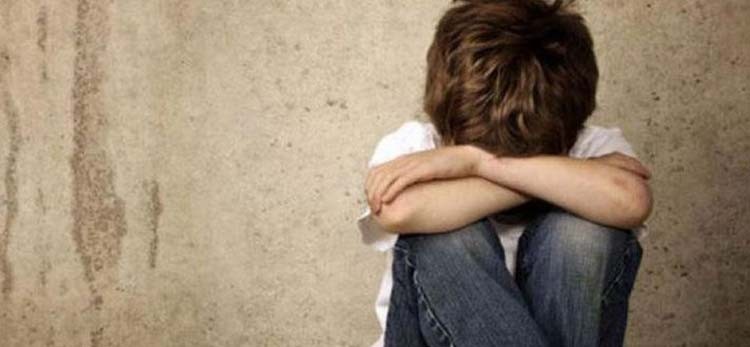Para buena parte de nuestras escuelas, el castigo físico a los estudiates es inaceptable. Sin embargo, recientemente un estudio revela un número alarmante de casos de jóvenes castigados físicamente en escuelas de Suazilandia. El siguiente artículo muestra las voces de las víctimas y también las de las instituciones del Estado a fin de erradicar esta práctica de las escuelas y reconducir la actitud docente hacia ésta.
Publicado originalmente en: Swaziland: 4,556 Cases of Severe School Beatings
There have been 4,556 cases of ‘severe corporal punishment’ of children in Swaziland’s schools over the past four years, an international news organisation reported.
Star Africa quoted Zanele Thabede from youth group Super Buddies, who leads a team looking into youth and child issues, who in an interview said the number of whippings dated from 2012.
Star Africa reported Thabede saying, ‘Corporal punishment by teachers and principals is legal and routinely practiced and there is a growing trend of incarcerating of children and youth in the Malkerns Industrial School for Rehabilitation because of «unruly» behaviour.’
There is confusion in Swaziland as to whether corporal punishment has been banned in schools. It is believed that a directive was issued to schools in 2012 not to use corporal punishment but few teachers appear to know it had been made.
The Times of Swaziland reported in October 2015 that Phineas Magagula, Minister of Education and Training, warned that teachers who beat pupils should be reported to the ministry so that they could be disciplined.
Swaziland has a long history of atrocities committed by teachers against their pupils in the name of ‘discipline’. Although there were rules about how corporal punishment could be administered, these were largely ignored.
As recently as September 2015, the Times reported a 17-year-old school pupil died after allegedly being beaten at school. The pupil reportedly had a seizure.
In March 2015, a primary school teacher at the Florence Christian Academy was charged with causing grievous bodily harm after allegedly giving 200 strokes of the cane to a 12-year-old pupil on her buttocks and all over her body.
In February 2015, the headteacher of Mayiwane High School Anderson Mkhonta reportedly admitted giving 15 strokes to a form 1 pupil for not wearing a neck tie properly.
In April 2015, parents reportedly complained to the Ndlalane Primary School after a teacher beat pupils for not following his instruction and shaving their hair.
In October 2014, 20 pupils were thrashed before they sat an examination because they had been absent from school studying for the exam the previous day.
In October 2015, the Swazi Observer, a newspaper in effect owned by King Mswati III and the voice of the traditionalists in Swaziland published an article against the abolition of corporal punishment.
Observer journalist Fanyana Mabuza wrote that if corporal punishment was abolished, ‘[T]he future could be bleak, especially for the children who for their own good need a bit of spanking to bring them to order.’
The article in the Observer, a newspaper that believes Swaziland will be a ‘First World’ nation by 2022 added, ‘We just do not see the future clearly without the cane in our schools.’
Imagen tomada de Pupil deposition reveals severe bullying







 Users Today : 1
Users Today : 1 Total Users : 35459907
Total Users : 35459907 Views Today : 1
Views Today : 1 Total views : 3418466
Total views : 3418466